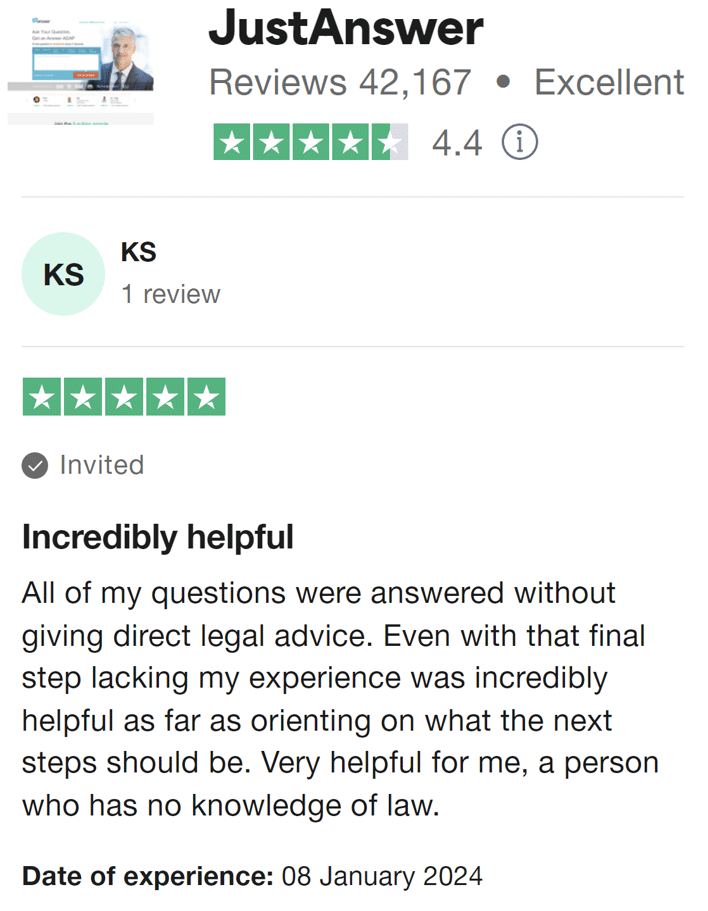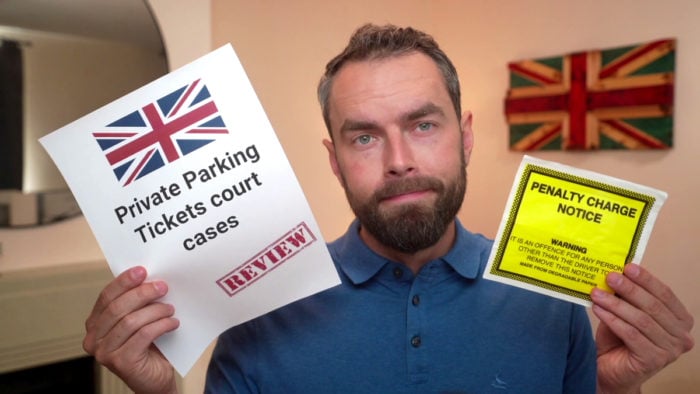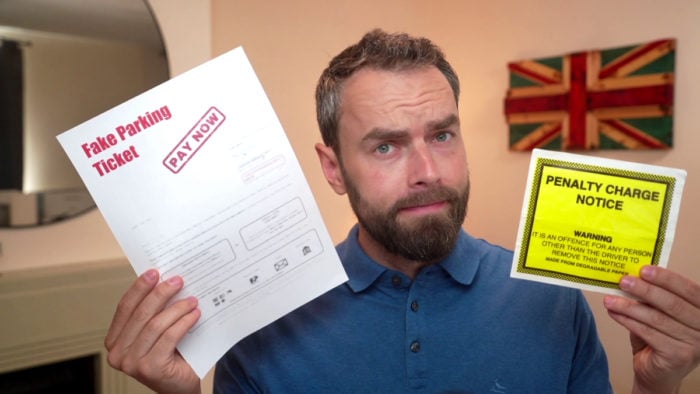Parking Charge Notice vs Penalty Charge Notice: Know The Difference
Got a parking ticket but don’t know what type? You are in the right place! More than 130,000 people visit our site monthly for information about parking tickets.
Here is our quick guide to appealing parking tickets. In this article, we’ll take a look at:
- The different types of parking tickets that can be issued
- The key differences between a Penalty Charge Notice and a Parking Charge Notice
- Do you have to pay?
What parking tickets are there?
When dealing with parking tickets, the first hurdle you have to overcome is working out what type of ticket you have. There are a few different types:
- Penalty Charge Notice (PCN): A PCN is issued by a local authority or council on public land.
- Excess Charge Notice (ECN): Like a PCN, an ECN is issued by a council or local authority for an infraction on public land.
- Parking Charge Notice: Not to be confused with a PCN, a parking charge notice is issued by a landowner or parking company for an infraction on private land.
- Fixed Penalty Notice (FPN): An FPN is issued by the police and can be for a number of different things. However, for parking, they are issued for parking on red routes, white zig-zags, or breaking parking rules where the police manage parking.
In our experience, people tend to get Parking Charge Notices and Penalty Charge Notices (PCNs) confused – they do sound similar! – but there are key differences.
Most Ticket Appeals Succeed
In some circumstances, you might have a legitimate reason not to pay your parking fine.
It’s a bit sneaky, but the last time I needed legal advice, I paid £5 for a trial to chat with an online solicitor called JustAnswer.
Not only did I save £50 on solicitor fees, I also won my case and didn’t have to pay my £271 fine.
Chat below to get started with JustAnswer
*According to Martin Lewis, 56% of people who try to appeal their ticket are successful and get the charge overturned, so it’s well worth a try.
What is a Penalty Charge Notice?
A Penalty Charge Notice (PCN), as mentioned above, is a ticket issued by a local authority or a council for parking on public land. They have the power to enforce these tickets from the Traffic Management Act 2004.
While they can be issued by the police, they are not treated as criminal offences. As such, you can’t be sent to prison for not paying a PCN.
There are a few different ways that a PCN can be issued:
- Fixed to your car
- Handed to you by a civil enforcement officer
- When your car is clamped or removed
- Post.
Keep in mind that you will only get a PCN via post if your incident was captured on CCTV or if you drove away from a civil enforcement officer as they were issuing the notice. Your PCN will also be posted to you if you prevented the civil enforcement officer from giving you the notice in any way.
Do I have to pay?
If you plan on challenging your PCN, don’t pay it. This is because paying the ticket looks like an admission of guilt – you acknowledge that you did something wrong and pay a ticket as restitution. If you didn’t do anything wrong, why would you pay?
But if you are unsure, contact the issuing authority. They will be able to tell you their appeals process in detail and answer any questions you may have.
You can follow our guide on challenging all parking tickets, including PCNs, for some guidance.
If your informal, formal, and then tribunal appeals are rejected, you will have to pay. You could be taken to court if you don’t.
Successful Appeal Case Study
Situation
| Initial Fine | £100 |
| Additional Fees | £171 |
| Total Fine | £271 |
The Appeal Process
Scott used JustAnswer, online legal service to enhance his appeal. The trial of this cost him just £5.
| Total Fine | £271 |
| Cost of legal advice | £5 |
JustAnswer helped Scott craft the best appeal possible and he was able to win his case.
Scott’s fine was cancelled and he only paid £5 for the legal help.
In partnership with Just Answer.
How do I pay?
You have to pay your PCN within 28 days of receiving it. This will be 28 days from you receiving it in the post, having it handed to you, or having it stuck to your car.
If you pay your PCN within 14 days of receiving it, you get 50% taken off. If sent by post, you get 21 days to pay for 50% off.
If you don’t pay your PCN within 28 days, you will receive a ‘notice to owner.’ However, if your PCN was sent to you via post, this is your notice, and you won’t get a second letter.
A notice to owner will tell you to:
- Pay the full PCN amount within 28 days, or
- Dispute the PCN by formally challenging the council within 28 days.
What is a Parking Charge Notice?
While they sound similar, a parking charge notice is entirely separate from a penalty charge notice.
Parking charge notices are only ever issued on private land, meaning they aren’t a criminal matter. In effect, you have broken the terms of contract between yourself and the landowner when you are issued a parking charge notice.
A Parking Charge Noitce will only ever be issued by a landowner or someone instructed by the landowner, when you have parked on private land.
Join thousands of others who got legal help for a £5 trial
Getting the support of a Solicitor can take a huge weight off your mind.
Reviews shown are for JustAnswer.
Do I have to pay?
While your parking charge notice might look like an official PCN, please remember it isn’t. A parking charge notice is a notice that the owner of the land or the private parking company intends to take you to court over a breach of contract. They offer you a chance to pay a fine to avoid legal action.
As such, you generally have three options if you receive a parking charge notice:
- Pay the fine
- Challenge the ticket
- Do nothing.
You should check to see if the parking company that issued the ticket are a member of an accredited trade association (ATA). Only ATA members can get your information from the DVLA.
So, if the company is not an ATA member, they won’t be able to find out anything about you, so you could ignore the ticket.
If you get a ticket in the post from a non-ATA member, you should reply as they have your information. However, they may have got hold of your information illegally so you can make a complaint to the DVLA.
Do this by writing to the Data Sharing Strategy and Compliance Team, DVLA, Swansea, SA99 1DY. You can then write to the Information Commissioner if you feel that your complaint hasn’t been dealt with adequately.
If you decide to challenge, you can follow our guide on challenging all types of parking tickets, including parking charge notices.
Hire a Parking Solicitor for less than a coffee.
If you’re thinking about appealing your parking ticket then getting some professional advice is a good idea.
Getting the support of a Solicitor can make your appeal much more likely to win.
For a £5 trial, Solicitors from JustAnswer can look at your case and help you create an airtight appeal.
Try it below
In partnership with Just Answer.



